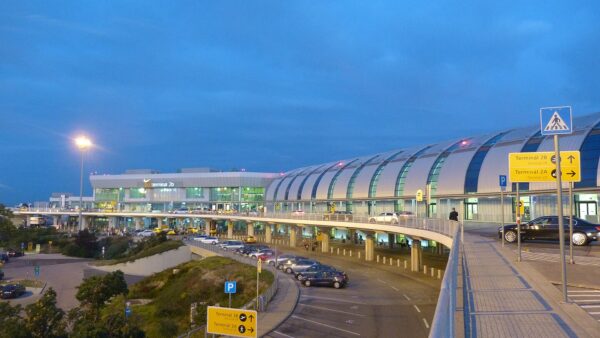Two French companies have announced plans to launch autonomous vehicles able to run without drivers as early as next year, in what may be the world’s first such experiment on public roads.
The two firms behind the plan are Delphi, an automotive parts maker, and Transdev, a provider of mobility services. Their aim is to begin tests using autonomous electric taxis and a shuttle van with a view to launching a commercial “mobility on demand” service in 2019.
The system will bring together two kinds of software: Transdev’s Universal Routing Engine and Delphi’s Centralised Sensing, Planning and Localisation (CSLP) platform.
A video of Delphi’s system can be viewed here.
“Our ambition is to offer the best personalised, autonomous, connected, electric service,” said Yann Leriche, Transdev’s chief performance officer, adding that his company was “a pioneer in integrating autonomous transport systems into global mobility networks”.
As well as the technology, the trials will test public faith in driverless cars. That faith took a hit last May after a man in Florida was killed when his Tesla Model S, equipped with the beta driver assistance software Autopilot, ran into the side of an 18-wheel truck at more than 70mph. Investigators did not blame the software, however, since Tesla does not claim it is a fully functioning driverless technology.
The tests will take place in Paris-Saclay, a high-tech business cluster under construction south of the French capital, and in Rouen in Normandy.
The vehicles in use will be two Renault Zoes (pictured) in Rouen and a shuttle van that runs between a rail station and the of Paris-Saclay university.
Both will start with humans on board later this year, and will go fully autonomous sometime in 2018. However, in the case of the shuttle van, there will be no steering wheel or pedals, and the “driver” will be there only to communicate with passengers. If anything goes wrong, staff at a remote control room would be able to take control of the vehicle.
Glen De Vos, Delphi’s chief technology officer, commented: “We’re confident that in the event they would need to intervene, they can.”
De Vos added that the companies were planning a similar test in North America and were scouting locations.
Transdev plans gradually to spread the technology throughout Paris and other cities that it serves, so the autonomous vehicles will be on roads along with human drivers.
It may take a while for people to trust the vehicles enough to use them, but Leriche said acceptance may not be that hard to get. Transdev has surveyed users in autonomous shuttle tests about the service and quality, and more than 90% were excited about the service. “They were not afraid of the fact that there was no driver,” he said.
Image: Meet Zoe … (Delphi)
Further Reading:
Comments
Comments are closed.







I do not understand the point in driverless cars, is the whole idea not to get cars off the roads altogether.